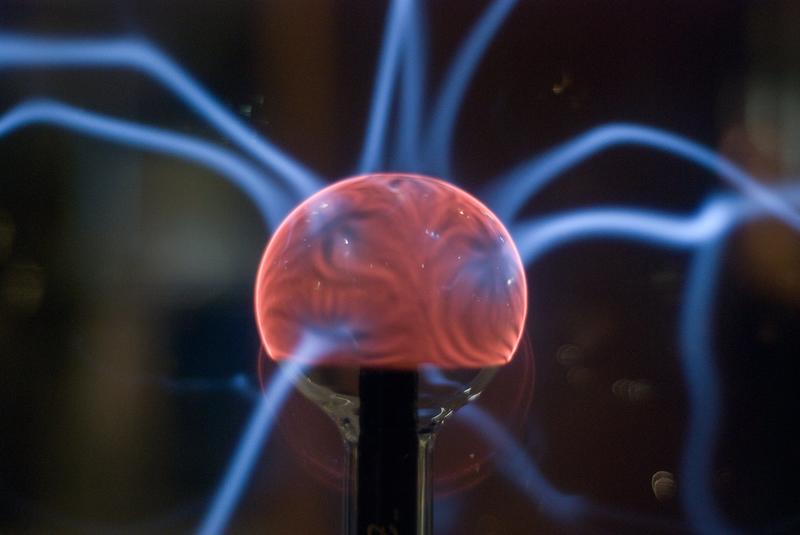What Is the Importance of Science in Everyday Life?

Nearly every day in our lives, science moves our knowledge and understanding forward bit by bit and brings new wonders to light. Men and women around the world have been driven since ancient times to learn new things about our universe. In doing do, they have advanced the importance of science that impacts people in their everyday lives.
Definition
A clear, working definition of science can help us understand how it fits into our everyday life. The UK’s Science Council defines Science this way: ‘Science is the pursuit and application of knowledge and understanding of the natural and social world, using a systematic methodology based on evidence.”
Knowledge and Understanding
Humans have always tried to pursue and apply knowledge and understanding in their everyday lives. Rather than just randomly creating spontaneous experiments, science teaches us to develop and follow clear methods to reaching a conclusion.
In a way, science belongs to all humans, not just to professional scientists. You can explore the wonders of science yourself, if can question things, ponder different outcomes and allow evidence to point you to likely conclusions.
Science Today
Science plays a significant part in our daily lives, and inventions over the years have made our modern lives more sustainable. Consider scientific wonders of the 20th century alone: air travel, automobiles, computers, television, robotics and more. It’s difficult to imagine a world without these, and the ways our lives have been impacted.
Medicine
Medical doctors and researchers continuously search for new scientific knowledge, drugs and treatments to advance understanding in fields like biotechnology, immunology, microbiology and neuroscience. When new cures are found through science, fatal diseases might be eliminated with a new medical treatment.
Communications
Scientific research in the past century has brought us communications wonders like radio, television, printing technologies, computers, the Internet, mobile phones, wireless communications and so much more. The way we receive, comprehend and distribute information through these channels has had a massive effect in our everyday lives.
Want an example? Listen to how older Americans explain to younger generations how people used to communicate and gain information through earlier innovations.
Electricity
The scientific wonders of electricity brought light to the world. Electricity changed the fabric of America from a rural, agrarian society working only in daylight hours, to an industrialized nation able to work in lighted areas for 24 hours a day.
As a form of energy that results from the motion of charged electrons, electricity is one of mankind’s greatest scientific achievements. It brought power to homes, cities, schools, restaurants and offices everywhere. Electricity allows us to plug in a television set and receive communications. Electricity helps to power air conditioning and heating systems. This has allowed millions of people to move to hot arid climates or cold parts of the world and stay regulated in temperature to enjoy their lives.
Transportation
The scientific invention of gas and diesel engines provided humans with the ability to transport ourselves in cars, buses, trains and airplanes. Science achievements in the transportation field have allowed us to cut travel times significantly across distances.
Science for Simplicity
In essence, science has strengthened our understanding about our everyday lives. Science continues to bring forth new growth in understanding human intelligence, computer intelligence and artificial intelligence. Science allows us to experiment with the foods we consume, the drinks we sip and the connections we make.





